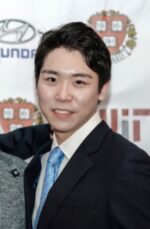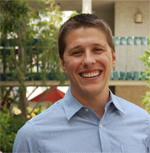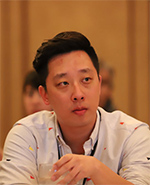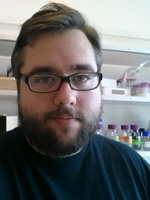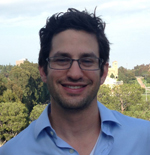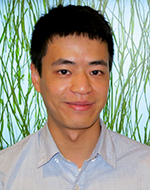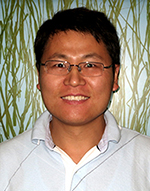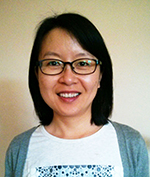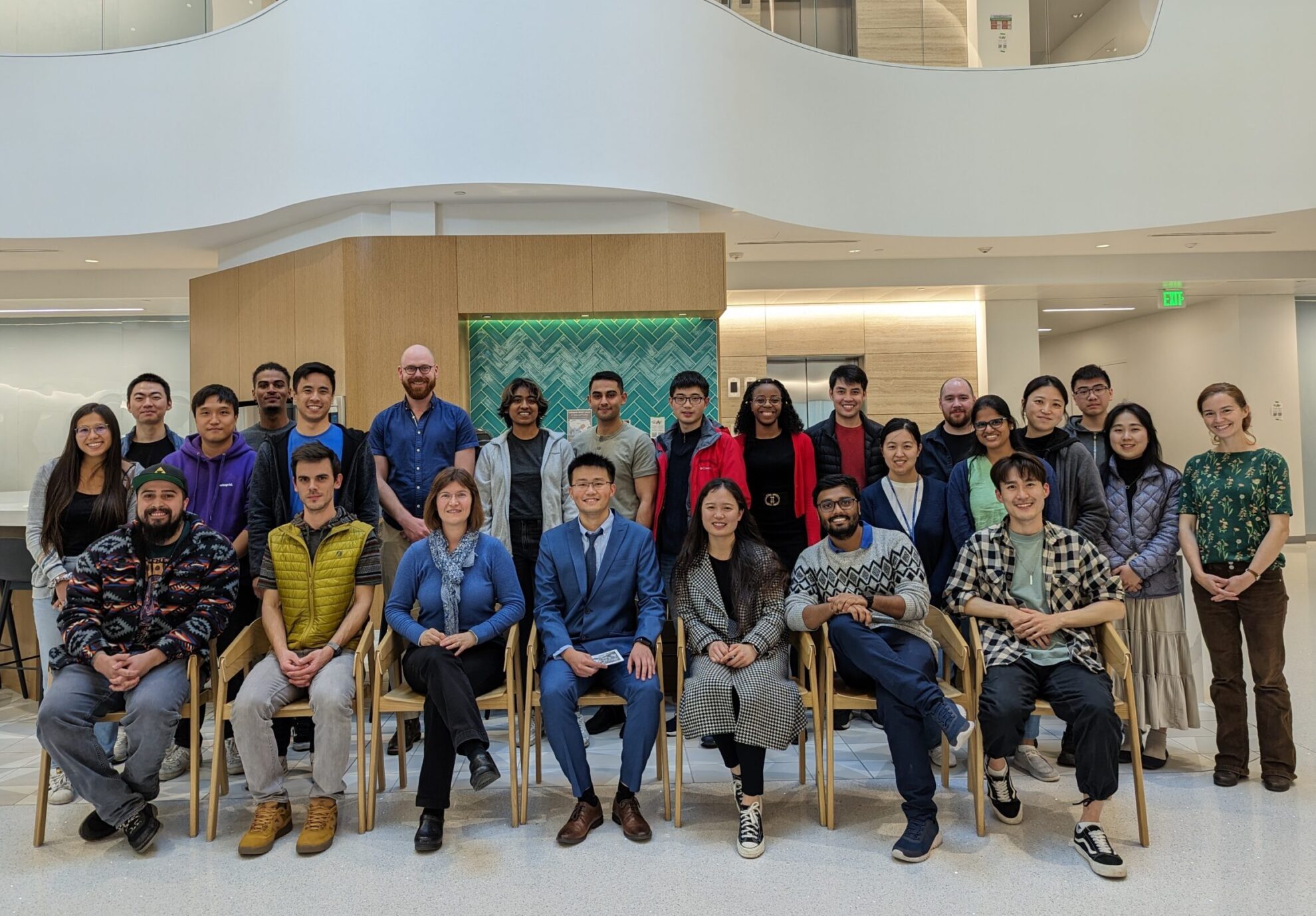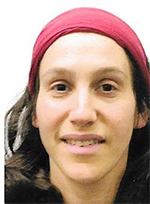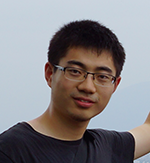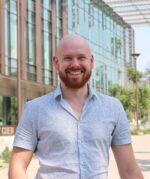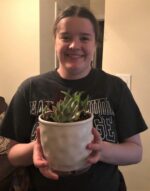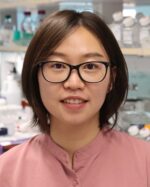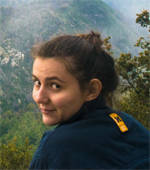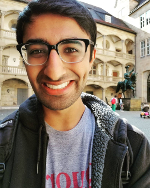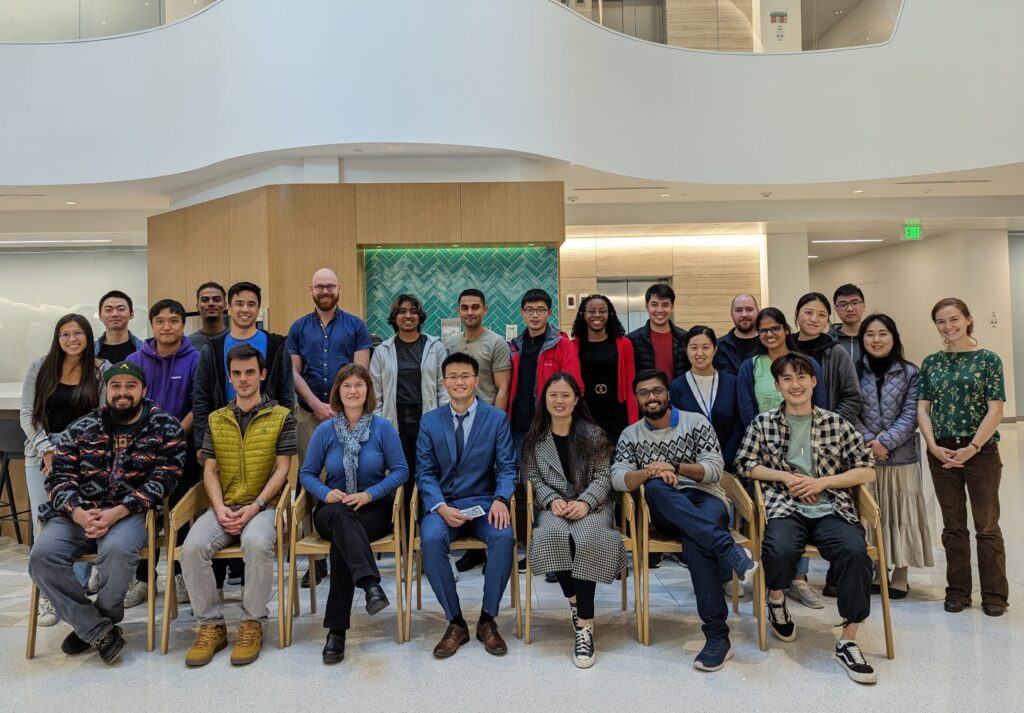
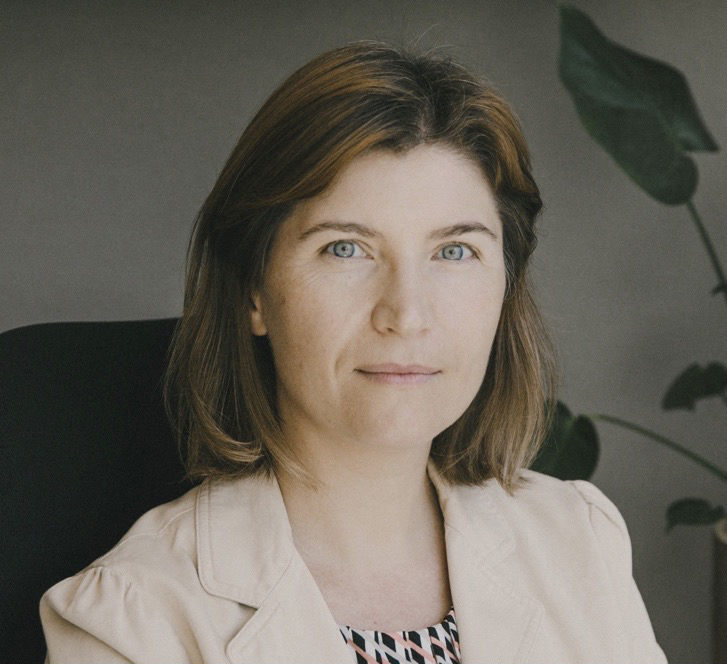
Viviana Gradinaru, Ph.D.
(she/her/hers)
Principal Investigator
Lois and Victor Troendle Professor of Neuroscience and Biological Engineering
Director and Davis Leadership Chair of the Merkin Institute for Translational Research
Director of the Molecular and Cellular Neuroscience Center of the Chen Institute at Caltech
Viviana Gradinaru is interested in brain and body circuits and how they malfunction in neuropsychiatric disorders. Her driving motivation is the realization that in order to understand the highly-distributed neural circuits underlying physiology and behavior we need tools for observing and manipulating these circuits that are minimally invasive yet wide-reaching, while also highly specific in time, space and action. In response to this challenge, Professor Gradinaru has developed diverse neurotechnologies including optogenetic actuators for precise control of neuronal activity, tissue clearing and imaging methods for mapping whole transparent organs, and engineered adeno-associated viral vectors (AAVs) for targeted gene delivery to the peripheral and/or central nervous systems through a simple intravenous injection rather than invasive surgery. These methods have been licensed by diagnostic and therapeutic companies and are broadly used by thousands of laboratories worldwide to study, among other things, the circuits underlying digestion, cardiac physiology, pain, neurodevelopment, neurodegeneration and behavior. Work in her own lab is largely focused on brain and body circuits involved in neurodegenerative disorders.
Professor Gradinaru studied physics for two years at the University of Bucharest in Romania before transferring to Caltech, where she earned a BS in biology. She earned her PhD in neuroscience from Stanford University, and joined the Caltech faculty in 2012. She has more than 100 publications and more than 20 granted patents. She is also a co-founder and board member of Capsida Biotherapeutics, a fully-integrated AAV engineering and gene therapy company. Professor Gradinaru is a Fellow of the National Academy of Inventors (2022) and AAAS (2021) and has received the NIH Director’s Innovator and Pioneer awards, the Presidential Early Career Award for Scientists and Engineers, and Outstanding Young Investigator awards from both the American Society of Gene and Cell Therapy and the Society for Neuroscience.
Full CV here.
Postdoctoral Fellows
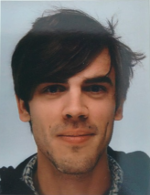
Máté Borsos, Ph.D.
POSTDOCTORAL FELLOW
Máté received his BSc and MSc in genetics and developmental biology from ELTE, Budapest, Hungary. During his studies, he worked on chromosome segregation in the mouse oocyte at the Tachibana lab, Vienna, Austria; and on DNA methylation and transposon control in the male germline at the Bourc’his lab, Paris, France. Máté did his PhD in the Torres-Padilla lab in Munich, Germany collaborating with Jop Kind’s laboratory. His work focused on 3D genome organization in the preimplantation mouse embryo. He mapped Lamina Associated Domains (LADs) genome-wide in single cells of embryos and identified epigenetic processes that could play a role in LAD formation upon fertilization. In the Gradinaru lab, Máté aims to engineer novel rAAV variants to target the germline.
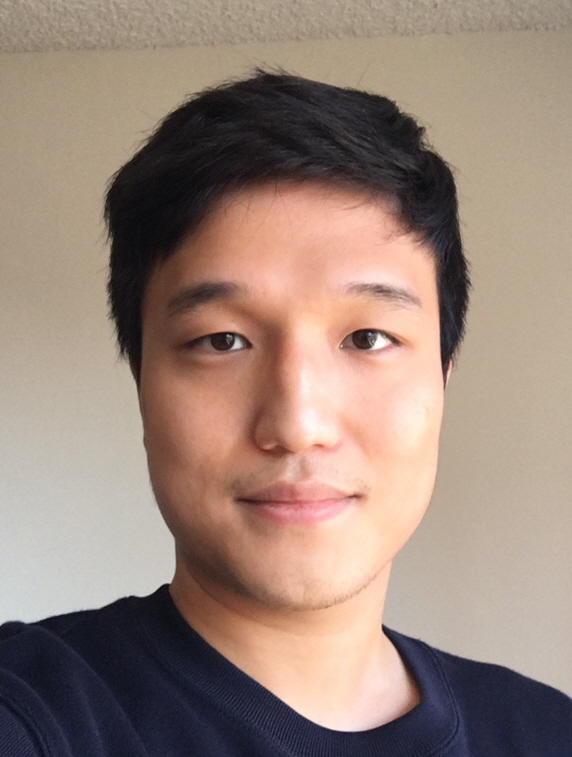
Seongmin Jang, Ph.D.
POSTDOCTORAL FELLOW
Seongmin received his BS, MS, and Ph.D. in Biology at KAIST. His doctoral thesis focused on understanding the molecular mechanisms of epigenetic gene regulation using an integrative structural biology approach. He determined the cryo-EM structure of DOT1L histone H3 K79 methyltransferase recognizing H2B ubiquitinated nucleosome. In the Gradinaru lab, Seongmin is interested in the structural approach to understanding cell recognition and invasion by engineered AAV.
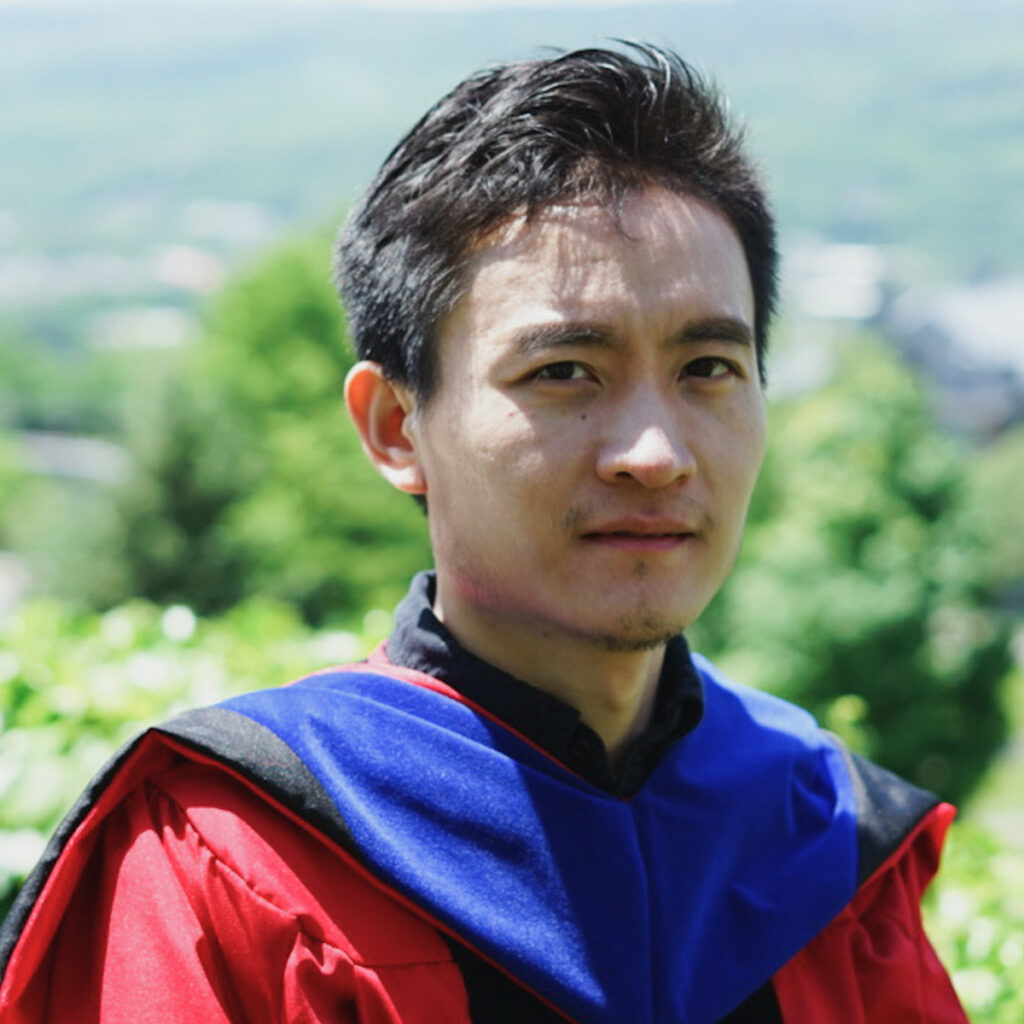
Changfan Lin, Ph.D.
FRIEDREICH’S ATAXIA RESEARCH ALLIANCE POSTDOCTORAL FELLOW
Changfan received his B.S. degree at Tsinghua University, Beijing, China in 2014. He pursued his doctoral degree at Cornell University, USA, with the mentor of professor Brian Crane. His work focused on the understanding of molecular mechanism of drosophila circadian clock and engineering its light sensing protein Cryptochrome for optogenetical applications. He led the project to solve the first cryo-EM structure of protein complex Cryptochrome and Timeless, which are the core components of the circadian rhythm. He joined Gradinaru’s lab in 2021, and he aims to develop AAV shielding strategies to evade undesired immune response for more efficient and safe gene therapy. Besides, he works on AAV engineering for more specific targeting purpose.

Cynthia Arokiaraj, Ph.D.
POSTDOCTORAL FELLOW
Cynthia completed her B.Tech in Biotechnology from Anna University in Chennai, India. She then went on to pursue her doctoral studies in Neuroscience at the University of Pittsburgh. There, she focused on pain research with an interest in translating spinal cord dorsal horn circuit studies from the rodent to the primate. She performed transcriptomic analyses (which include snRNA-seq, snATAC-seq, in situ hybridization and bioinformatics) to find conserved cell types between the mouse and Rhesus macaque. In the Gradinaru lab, she is interested in studying the gut-brain circuitry underlying Parkinson’s as part of the ASAP initiative.
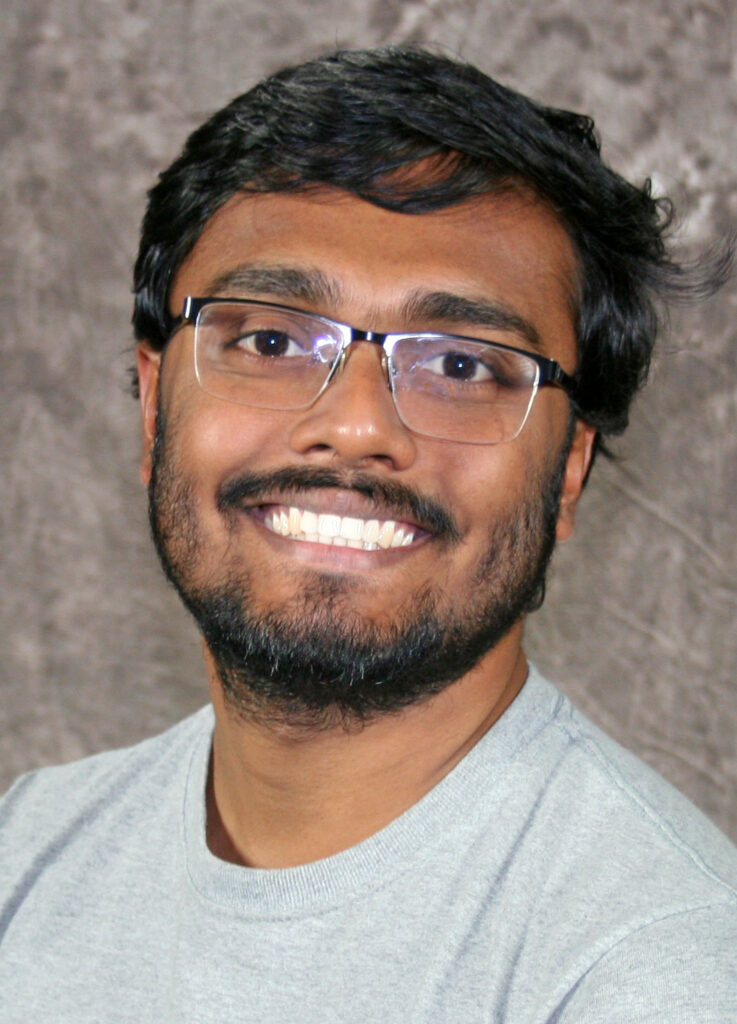
Sayan Dutta, Ph.D.
POSTDOCTORAL FELLOW
Sayan completed his bachelor’s degree in chemistry from Presidency College, Kolkata, India followed by a master’s degree on the same subject from Indian Institute of Technology, Madras, India. After a short stint as a research scholar at Tata Institute of Fundamental Research in India, he went on to pursue his Ph.D. in Interdisciplinary Life Sciences (PULSe) at Purdue University, USA in 2015. During his doctoral studies, he worked on neurodegenerative diseases focusing on prion-like propagation of the protein alpha-synuclein in relation to Parkinson’s disease in rodent and cell-culture models. In the Gradinaru lab, he is interested in studying the gut-brain circuitry underlying Parkinson’s disease and expand along the directions of CNS drug delivery, AAV mediated gene delivery, and optogenetic biosensors.

Jonathan Hoang, Ph.D.
POSTDOCTORAL FELLOW
Jonathan received his BS in Biology from the UC Los Angeles in 2014. After finishing his Bachelor’s, Jonathan joined the Matveyenko lab to study the role of circadian disruption in the pathophysiology of type 2 diabetes. He followed up this work by joining the Butler lab where he looked at the role of islet amyloid polypeptide in β-cell death. Jonathan went on to complete his PhD in Molecular, Cellular & Integrative Physiology from UCLA in 2022 under the direction of Dr. Marmar Vaseghi. His doctoral thesis examined the mechanisms underlying parasympathetic dysfunction in a large animal, porcine model of chronic myocardial infarction and the arrhythmogenic consequences thereof. In the Gradinaru lab, Jonathan is excited to explore the gut-brain circuitry in Parkinson’s disease to unravel disease-relevant pathways as part of the ASAP initiative.
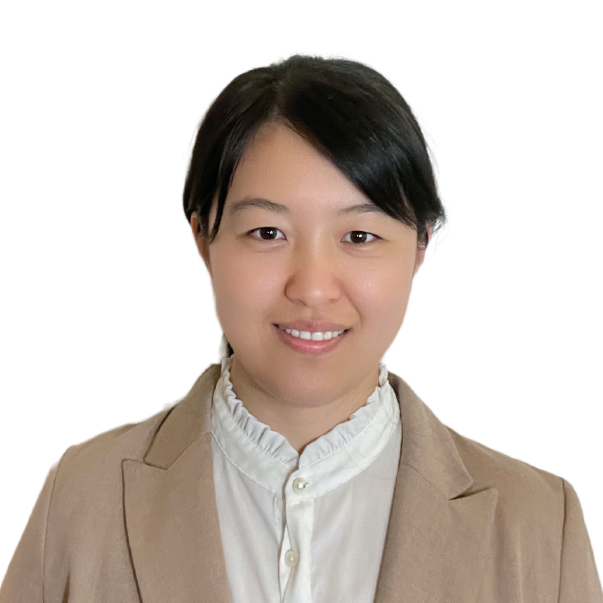
Yujie Fan, Ph.D.
POSTDOCTORAL FELLOW
Yujie received her B.S. degree in Biological Sciences from Tsinghua University in 2014. She worked as a Research Associate at NYU Langone Medical Center from 2014 to 2016, focusing on developing lineage tracing techniques. Then she went on to pursue her Ph.D. in Cell and Developmental Biology from Weill Cornell Graduate School, Cornell University. She joined Dr. Lorenz Studer’s lab in the summer of 2017 to conduct her thesis research and has focused her interest on deriving human enteric nervous system (ENS) lineages for the study of ENS development and cell therapy of Hirschsprung’s disease. In the Gradinaru lab, Yujie is interested in studying the Brain-Gut connection using a variety of models, including human stem cells and rodent animals.
Graduate Students
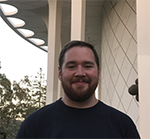
Gerry Coughlin, B.S.
GRADUATE STUDENT – NEUROBIOLOGY, NSERC PGS-D FELLOW
Gerry received a B.S. in Psychology, a B.S. in Primatology and a B.S. in Cellular, Molecular and Microbial Biology, all from the University of Calgary, Canada. During his undergraduate, Gerry investigated an array of research topics: how repeated seizures change the functional organization of the motor cortex, how cell adhesion molecules are involved in the development of hypothalamic nuclei, and how nanoparticles may be used to control liposome fusion. In the Gradinaru lab, Gerry is exploring strategies for non-invasive gene manipulation, for therapeutic and research applications.

Acacia Mayfield, B.A.
(she/her/hers)
GRADUATE STUDENT – BIOLOGICAL ENGINEERING, USC-CALTECH MD-PHD
Acacia received a B.A. in Neuroscience in 2013 from Pitzer College in Claremont, CA. In her undergraduate research, she explored a range of topics involving medical therapies, including transplantation of engineered stem cells for epilepsy and vaccine production strategies for underdeveloped countries. After graduating, she worked as a lab technician for the Shorter group at the University of Pennsylvania, investigating the role of molecular chaperones in protein folding of disease substrates. After completing the preclinical curriculum at the Keck School of Medicine of USC, she has joined the Gradinaru lab, where she is investigating gene therapy applications for diseases affecting the nervous system. Acacia is part of the USC-Caltech MD-PhD program.

Cameron Jackson, B.S.
GRADUATE STUDENT – NEUROBIOLOGY
Cameron received a B.S in Neuroscience, and a B.S in Biochemistry from the University of California, Los Angeles. During his undergraduate, Cameron’s research focused on several topics: mechanisms of sleep homeostasis and circadian rhythms, developing biochemical tools for treatment of chronic sleep loss, and the mitochondrial dynamics of the aging brain. As a graduate student in the Gradinaru lab, Cameron is currently interested in building upon existing spatial transcriptomic approaches for high throughput detection and subsequent modification of targeted AAVs, to increase neuronal subpopulation specificity.
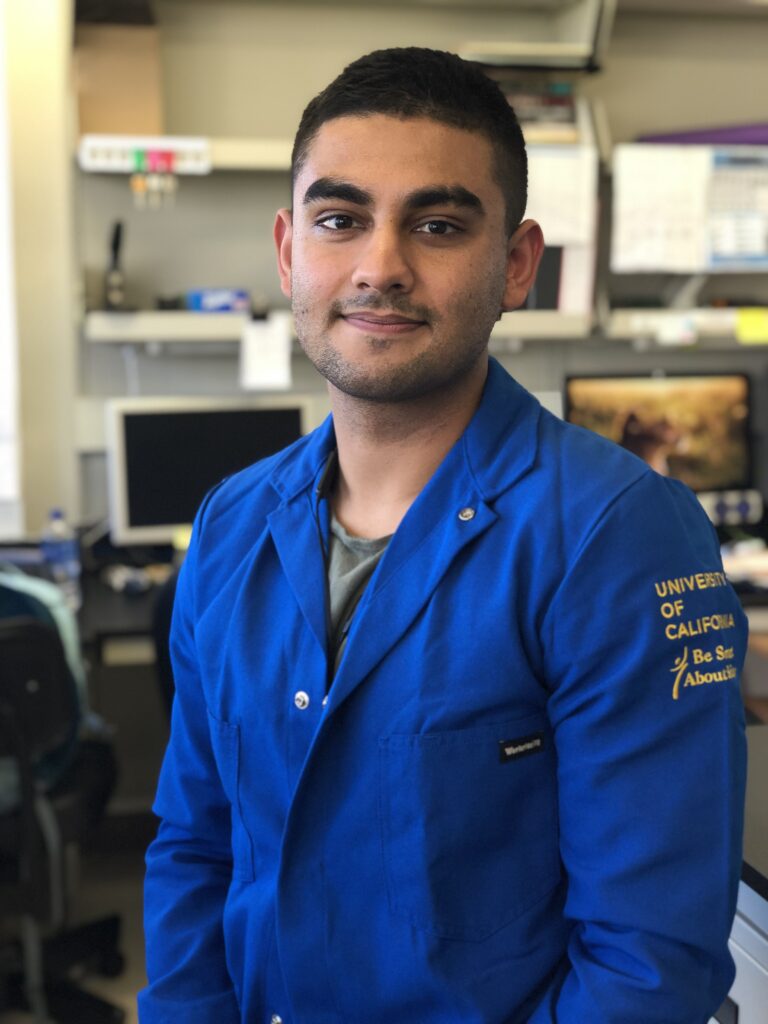
Karan Mahe, B.S.
GRADUATE STUDENT – NEUROBIOLOGY
Karan completed his B.S. in Biochemistry and Molecular Biology from the University of California, Davis in 2019. In his undergraduate research, Karan investigated centrosomal biogenesis and upstream modulators in Li-En Jao’s group. After graduating, Karan joined Lin Tian’s group to engineer genetically encoded fluorescent biosensors for opioid neuropeptides, leveraging their binding kinetics to their conformational changes to spatially and temporally characterize neuropeptide release in the brain. In the Gradinaru group, he is establishing rodent models to investigate in-vivo neuromodulator dynamics and cell activity using gene delivery, activity manipulation, and optical monitoring techniques along the gut-brain axis for Parkinson’s research.
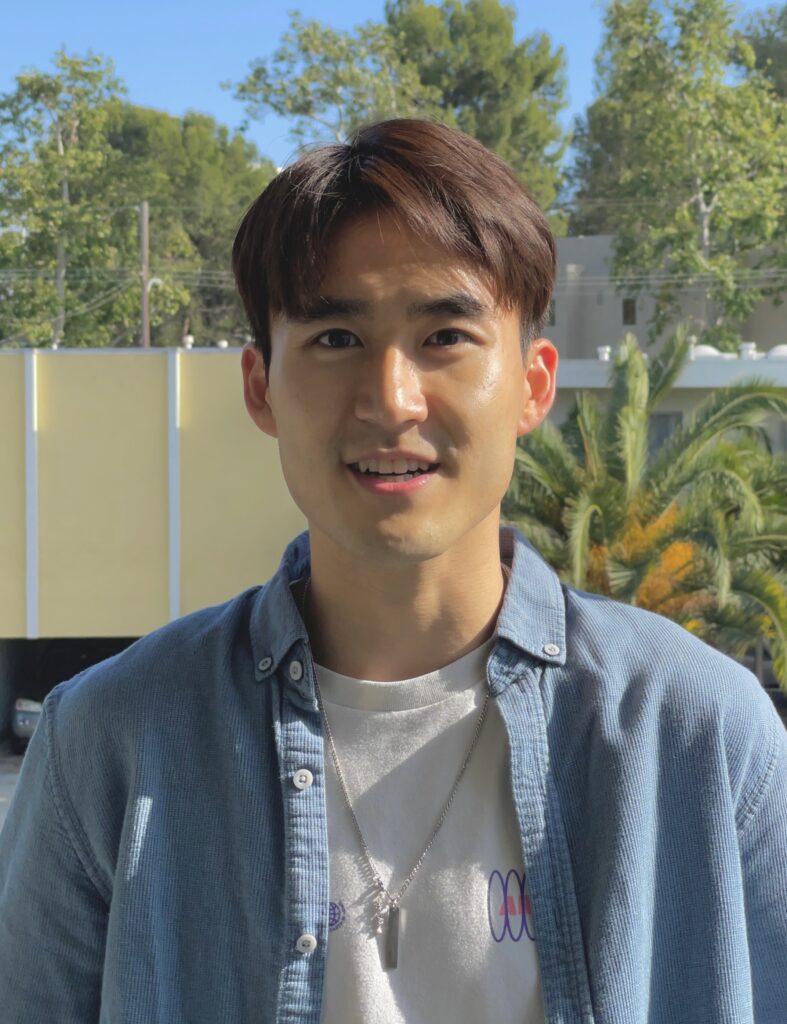
Alex Jin Chung, B.S.
GRADUATE STUDENT – NEUROBIOLOGY, CHEN GRADUATE FELLOW
Alex received his B.S. in Neuroscience with a specialization in data analytics from the University of Southern California. During his undergraduate, he investigated developmentally regulated changes along the cortical basal ganglia pathways, which regulate motor skill learning, in songbirds (Taeniopygia guttata). In the Gradinaru lab, he is working to develop tools for genetic access in the Egyptian spiny mouse (Acomys cahirinus), the only mammalian species known to be capable of regeneration without fibrosis.
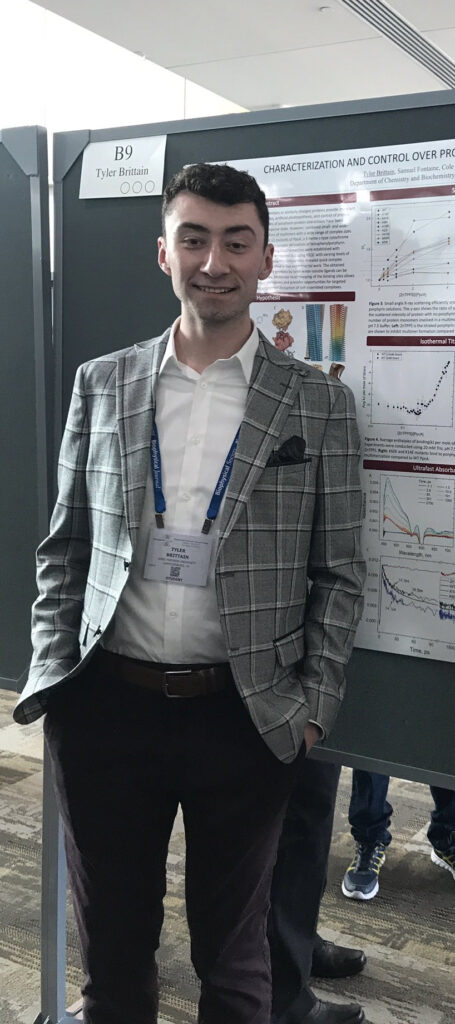
Tyler Brittain, B.S.
GRADUATE STUDENT – BIOCHEMISTRY AND MOLECULAR BIOPHYSICS
Tyler received his B.S. degree in Biophysical Chemistry from James Madison University. In his undergraduate research, Tyler explored many avenues of bacterial multiheme cytochrome engineering utilizing spectroscopy and structural methods. As a graduate student in the Gradinaru lab, he is interested in engineering AAVs to improve production and specificity.
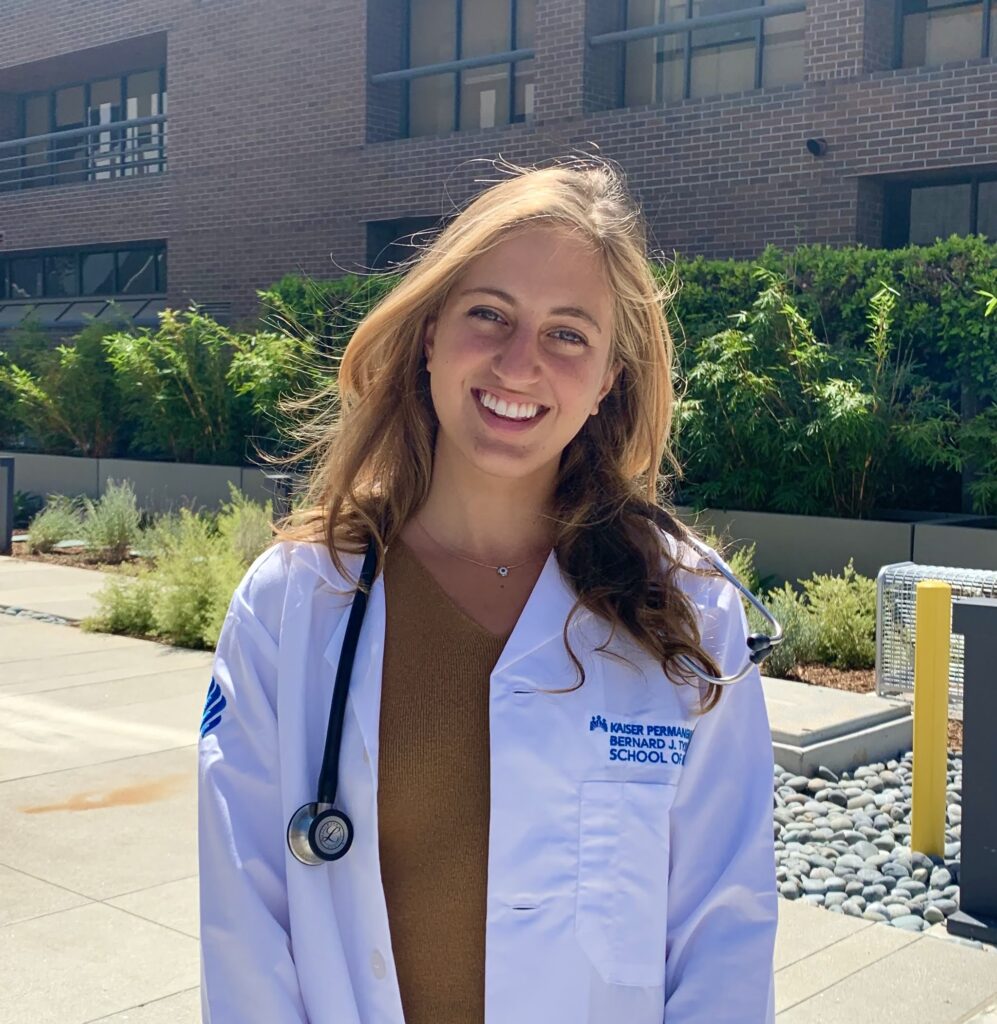
Rana Eser, B.A.
GRADUATE STUDENT – NEUROBIOLOGY, KAISER-CALTECH MD-PHD
Rana received her B.A. in Neuroscience from UC Berkeley in 2018. During her time as an undergraduate and for 2 years post-grad she worked in the Grinberg lab at UCSF, studying the neuropathology of Alzheimer’s disease and dementia. Her research focused on investigating the selective vulnerability of neurons across different tauopathies. In 2020 Rana joined the inaugural class of Kaiser Permanente School of Medicine, as part of the MD-PhD program with Caltech. After completing her first two years of medical school she has joined the Gradinaru lab to pursue research in preclinical gene therapy work.
Staff
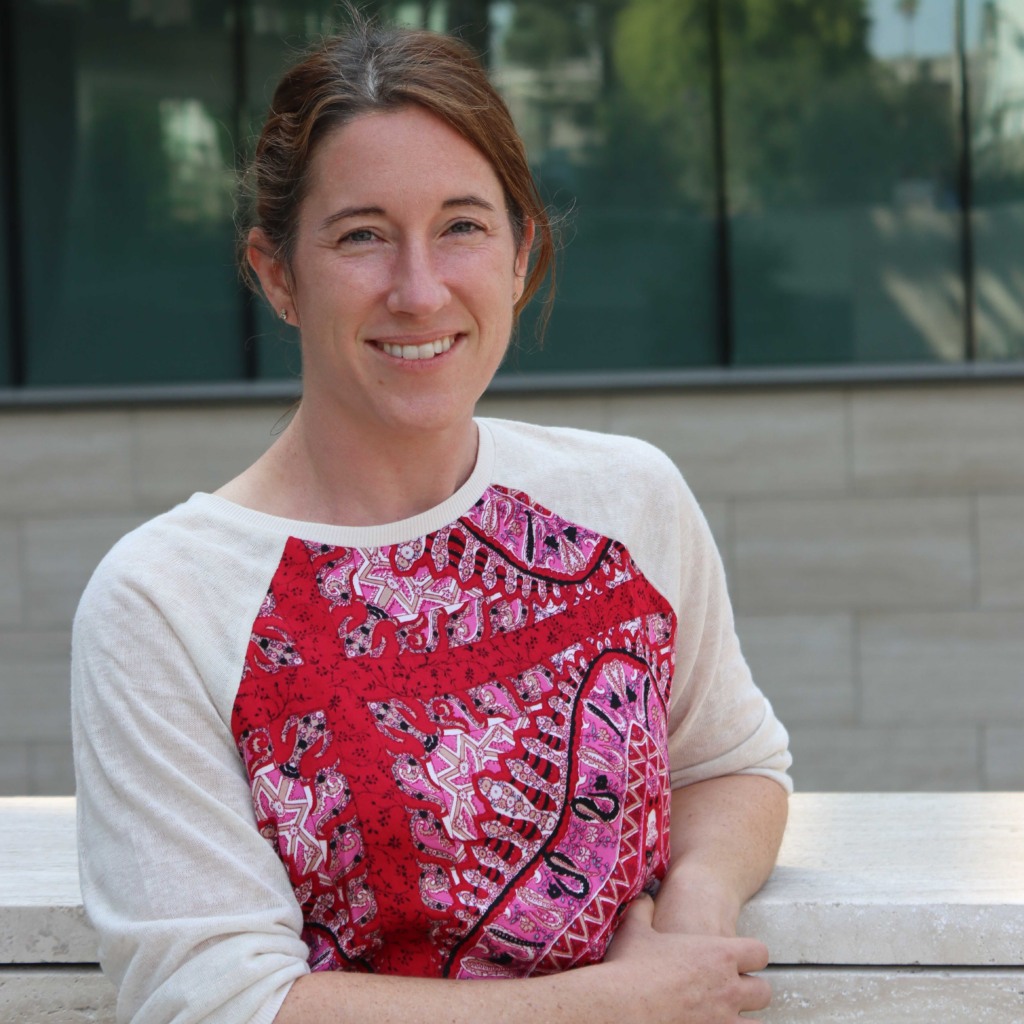
Elisha Mackey, B.S.
(she/her/hers)
LAB MANAGER
Elisha is our awesome lab manager who works tirelessly to keep our lab in good shape! Science wouldn’t be possible without her!

Pat Anguiano
ADMINISTRATIVE ASSISTANT
Pat is our incredible administrative assistant who works at lightening speed to help with everybody’s needs!

Nathan Appling, B.S.
(he/him/his)
RESEARCH TECHNICIAN
Nathan received his B.S in Neuroscience at the University of California, Riverside in 2020. In the Gradinaru lab, he is excited to aide graduate students and post-doctoral scholars to manufacture, test, and study novel AAV variants.
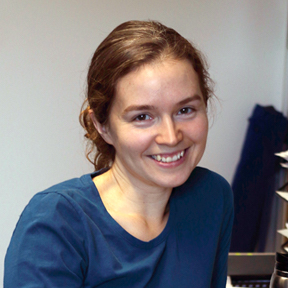
Catherine Oikonomou, Ph.D.
PROJECT MANAGER
Catherine received her B.S. from Duke and Ph.D. from Rockefeller University, where she studied yeast cell cycle circuitry with Dr. Frederick Cross. As a research scientist and writer with Dr. Grant Jensen at Caltech, she helped the lab develop and apply cryo-electron tomography imaging to structural cell biology. In 2021, she joined the Gradinaru lab and is excited to serve as project manager for the Aligning Science Across Parkinson’s team.
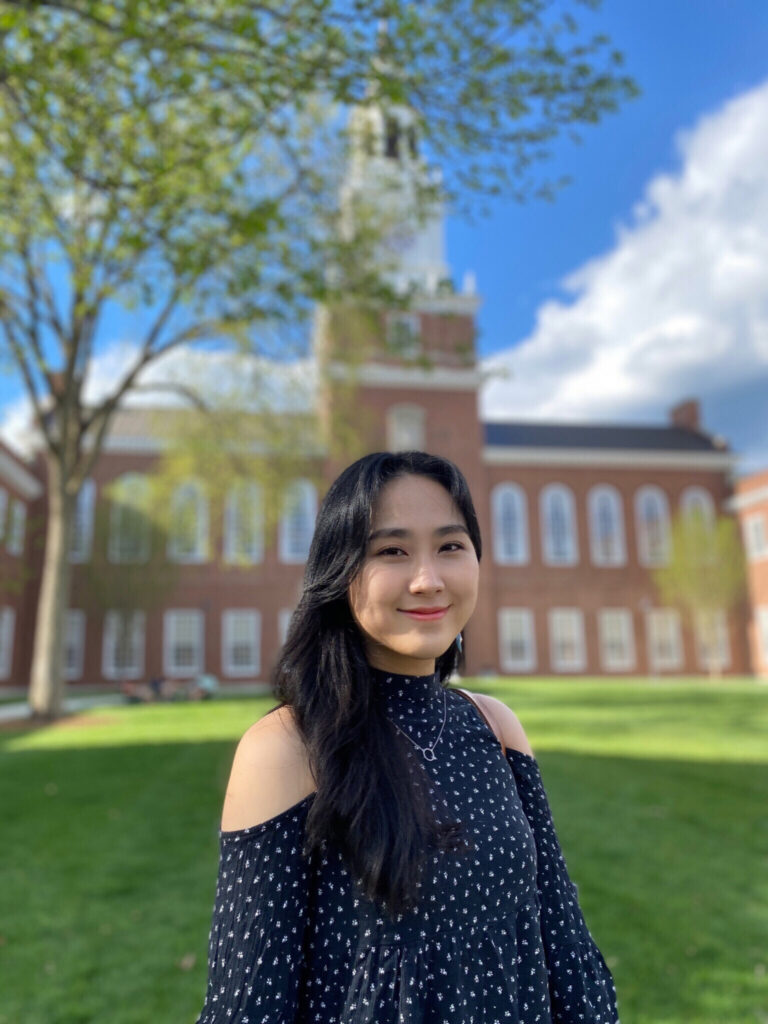
Shinae Park, B.S.
RESEARCH TECHNICIAN
Shinae graduated from Dartmouth College as an undergrad in 2021 majoring in Neuroscience and minoring in Education. She is originally from Gimhae, South Korea. Her previous lab work involved working with Drosophila melanogaster at the Bosco Lab utilizing the GAL4-UAS system to understand the involvement of neuropeptides in female germline development. Now in the Gradinaru Lab, she is working on the Gates project.

Bre’ Anna Barcelona, B.S.
RESEARCH TECHNICIAN
Bre’ Anna received her B.S. in Chemistry with minors in mathematics and neuroscience from the University of Alaska, Anchorage. Her previous lab experience includes: nanofabrication of photonic crystal micromirrors in the Quantum Optomechanics lab at the University of Arizona, work exploring cerebrovascular regulation of anoxic T. scripta at UAA, and an interhemispheric transfer project with the Emotion and Social Cognition Lab at Caltech as a WAVE fellow. In the Gradinaru lab, she is working on transcriptional assays to characterize AAV transduction.
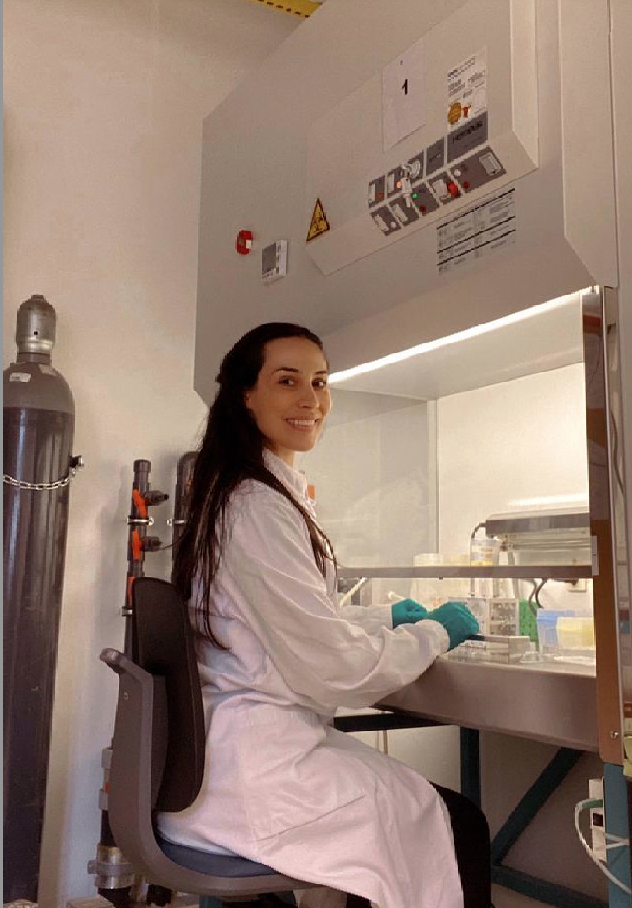
Chelsie Steele, M.S.
RESEARCH TECHNICIAN
Chelsie received her M.S. and B.S. in physics at Universität Leipzig, Germany. During her masters, she researched the premature lung, from alveolar cell dynamics to biological changes under a positive pressure gradient. She also conducted extensive research on the spatial organization of neurons and glial cells on electrode materials, leading to three scientific publications. Now in the Gradinaru Lab, she is working on the Rett project, as well as the Parkinson’s project.
Lab Alumni

